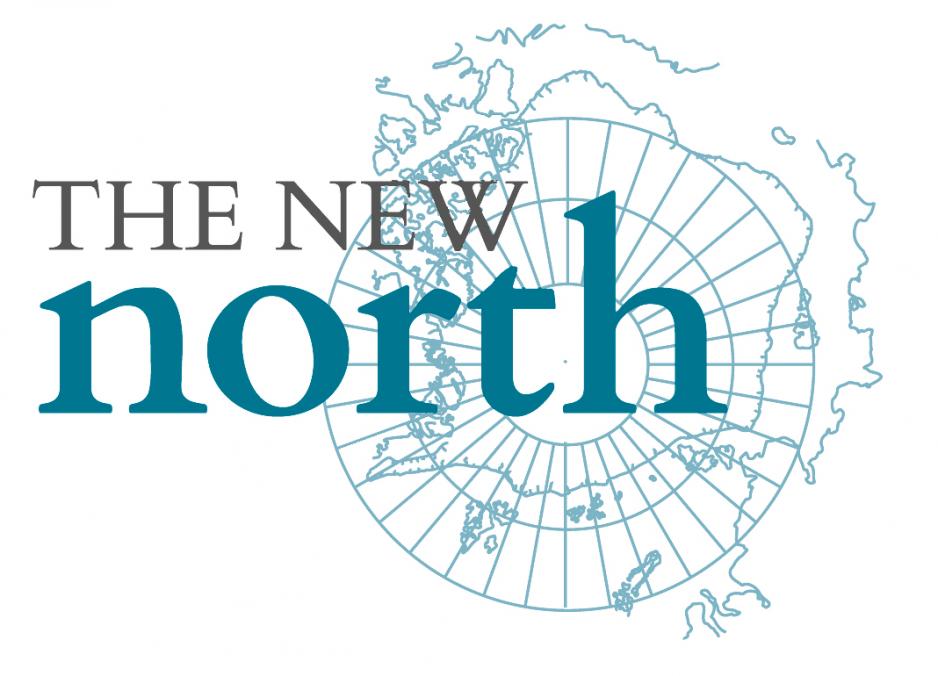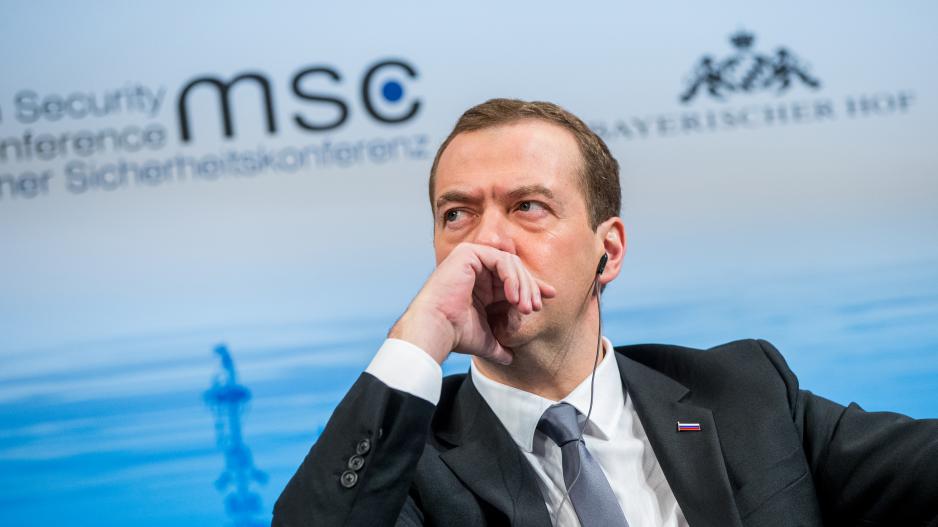The New North – a series in High North News: Can we still cooperate in the Arctic?

Russia’s Prime Minister Dmitry Medvedev sent shockwaves around the globe when on Saturday, February 13 this year, he assumed the podium during a security policy conference in Munich. “One could go as far as to say that we have slid back to a new Cold War,” was the message from our powerful Eastern neighbour.
Following Medvedev’s startling speech, western politicians have attempted to quash the notion of a Cold War conflict between East and West. No one wants to see a return to the situation that, with varying intensity, shaped global history in the period from WWII until the 1980s. It was a time of heavy rearmament and lack of dialogue between East and West.
Many of our readers are too young to have experienced the effects of the Cold War on their lives. New generations have grown up in a time characterized by peace, and by distinct cooperation between Norway and Russia, between East and West.
Fear and uncertainty
We often receive questions from these readers about to what extent it is correct to say that the world is on the brink of a new Cold War. And, not least, what this would mean for our shared future. These kinds of questions reveal both fear and uncertainty.
Readers who grew up in the midst of the Cold War ask the same questions. From experience, they understand the significance of a new ice age between East and West. For this generation, dialogue between East and West and a shared optimism for the future had also been within reach at one time.
The new international community and decline of Cold War hostilities has been especially noticeable in the North.
We can see the changes in, for example, joint East-West initiatives in business and industry, the establishment of new cooperative institutions – like the Arctic Council -, fisheries agreements, delimitation, cooperation on search and rescue, environmental cooperation, border cooperation, cultural exchange, joint academic research and extensive personal cooperation between Norway and Russia.
The High North and the Arctic have been, and still are, a signpost for peaceful co-existence in an otherwise complicated world.
Our biggest commitment
As such, the losses for this region could be great if Dmitry Medvedev’s claim is proven.
Today, High North News launches our biggest reporting initiative ever. In a project that has called on our international network of journalists, we have asked the simple, but complicated question:
Are we really on the path to a new Cold War?
We have asked researchers, think tanks and security policy experts in nine different countries, all with an interest in the High North. We have sought qualified, long-term political analyses from communities who tackle these questions on a daily basis.
We have not asked the politicians, who need to take both election result and party line into account before they respond.
We have also asked what the consequences of a new Cold War would be for the High North - a worst-case scenario.
The Cold War-series is followed by analyzes of cooperation in the North, cooperation in the Arctic Council and other institutions.
In the last part of our special report, we investigate how business in the Arctic is affected by the new situation.
High North News aims to be the most up-to-date and best informed international provider of news and analysis for the High North, across both national and international borders.
This special report will be published in both English and Norwegian.
Happy reading.
Arne O. Holm
Editor in chief
High North News
Don´t miss the upcoming articles in our New North series - sign up for our newsletter:
The New North - all articles
High North News Takes a Step Into the Wider World

